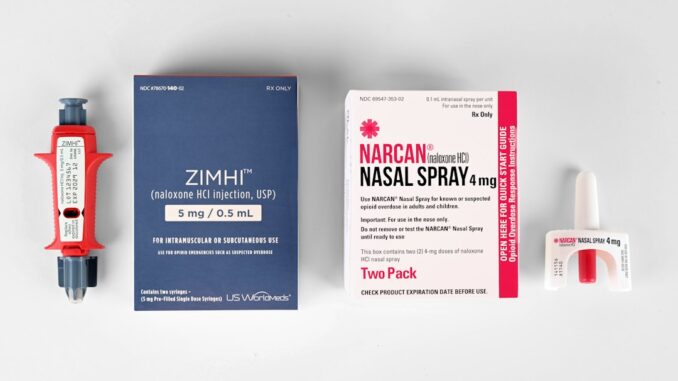
Embarking on the journey of opioid addiction recovery in 2025 is both courageous and commendable. The New Year symbolizes fresh beginnings, making it an opportune time to commit to sobriety. However, the early stages of recovery can be fraught with challenges. By proactively identifying and avoiding common pitfalls, you can lay a solid foundation for lasting recovery.
1. Avoid Underestimating the Importance of Professional Support
Seeking professional help is crucial in the recovery process. Medications like buprenorphine have proven effective in reducing cravings and the risk of overdose. Despite its benefits, buprenorphine remains underutilized in the U.S., partly due to stigma and logistical barriers. (theatlantic.com)
Engaging with healthcare providers who specialize in addiction can offer personalized treatment plans. These plans may include medication-assisted treatment (MAT) and behavioral therapies, both essential for addressing the multifaceted nature of addiction.
2. Avoid Isolating Yourself from Support Networks
Recovery is not a solitary endeavor. Building a robust support system is vital. Surrounding yourself with individuals who encourage your recovery journey, such as trusted friends, family members, or peers in recovery, can provide motivation and emotional support. (cedarrecovery.com)
Joining support groups, like Narcotics Anonymous, offers a sense of community and shared understanding. These groups provide a safe space to share experiences and gain motivation. (infomeddnews.com)
3. Avoid Setting Unrealistic Expectations
Setting goals is an essential part of recovery, but it’s important to keep them realistic and achievable. Instead of aiming for perfection, focus on progress. Celebrate small victories, like attending an extra support meeting each month or exploring therapy options to deepen emotional healing. (penfieldaddictionministries.org)
Recognize that setbacks may occur. Having a plan in place for challenges ensures you can recover quickly. This might include contacting a friend, attending an extra therapy session, or revisiting your goals with a counselor. (cedarrecovery.com)
4. Avoid Neglecting Physical Health
Physical well-being plays a significant role in recovery. Engaging in regular exercise, such as jogging, lifting weights, or practicing yoga, can boost mood and reduce anxiety. (floridarehab.com)
Eating a balanced diet provides the necessary nutrients to support both body and mind. Prioritizing sleep and managing stress through mindfulness practices can also enhance recovery efforts.
5. Avoid Returning to High-Risk Environments
Identifying and avoiding triggers is crucial in preventing relapse. Stay away from people and places associated with past substance use. If possible, consider changing your environment to reduce exposure to these triggers. (infomeddnews.com)
Developing healthy coping mechanisms, such as mindfulness, exercise, and journaling, can help manage stress and emotions without resorting to substances. (insightrecovery.com)
6. Avoid Underestimating the Role of Self-Care
Nurturing your mind and body through intentional self-care will help you feel even better on the good days, and it will make the bad days just a little bit more manageable. (ophelia.com)
Start with the basics. Prioritize getting lots of good sleep, eating healthy, exercising regularly, and socializing and building new social connections.
Caring for yourself in these ways will help alleviate stress, avoid illnesses like colds, improve energy levels, lift your mood, and manage anxiety. The latter is particularly important during opioid recovery because long-term opioid use can exacerbate or even cause anxiety.
All these small benefits to your physical and mental health add up quickly, but that’s not the only reason to stick to a solid self-care routine. Having a healthy routine during recovery builds a precedent for how to lead your life as you progress.
If you’re already in the habit of sleeping and eating well, exercising, practicing mindfulness, and staying connected with your social circles during the challenging periods of recovery, it will be that much easier to keep up these habits as your recovery proceeds into the later stages.
Remember, recovery is a journey, not a destination. By proactively avoiding these common pitfalls, you can navigate the early stages of recovery with confidence and set the stage for a healthier, more fulfilling life.
References


Be the first to comment